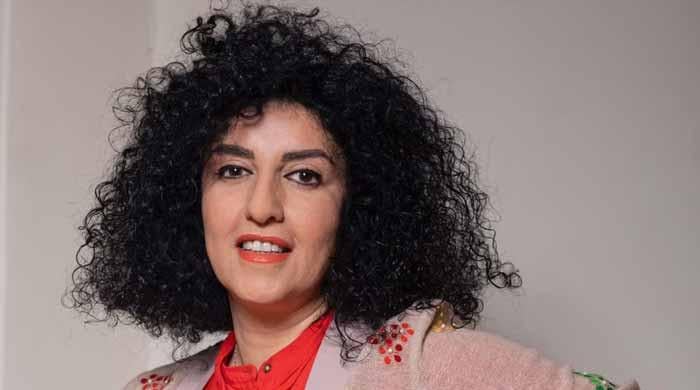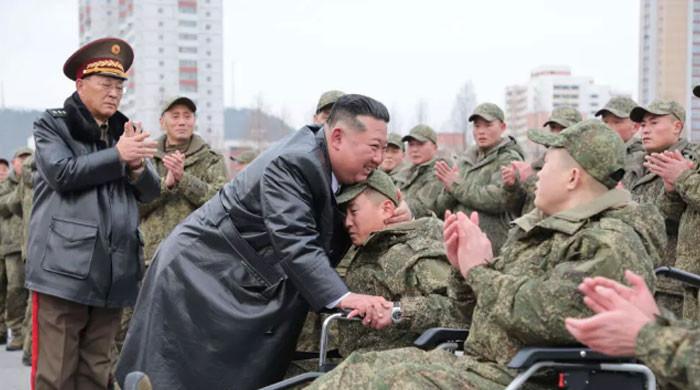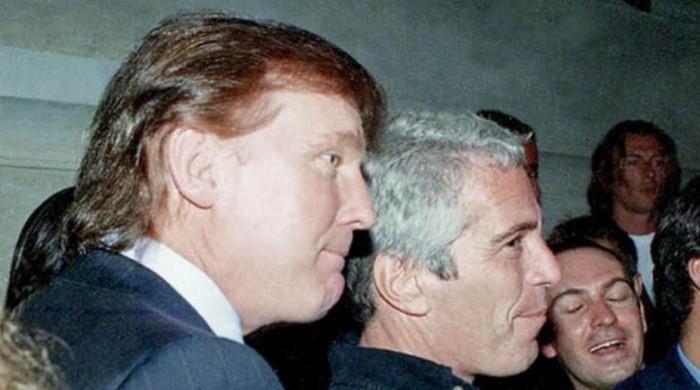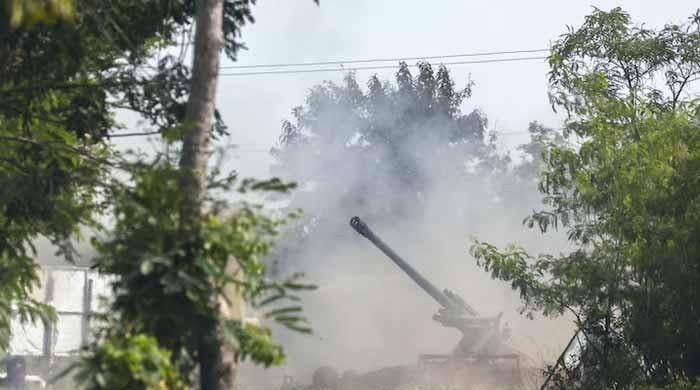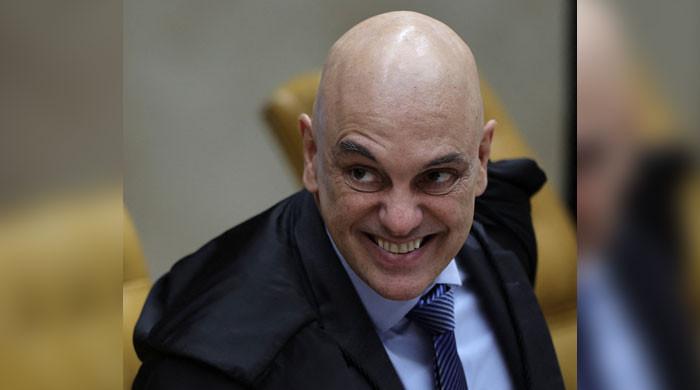Water cuts and rising food prices leave Mosul facing crisis
MOSUL/BAGHDAD, Iraq: Fighting between Iraqi troops and Islamic State militants has cut water supplies across a large part of Mosul, where poorer families are already struggling to feed...
November 30, 2016
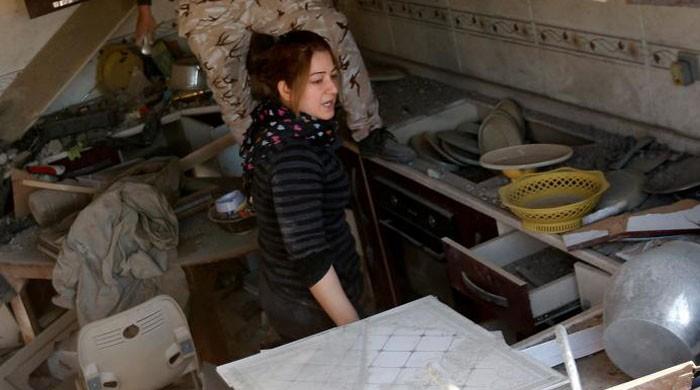
MOSUL/BAGHDAD, Iraq: Fighting between Iraqi troops and Islamic State militants has cut water supplies across a large part of Mosul, where poorer families are already struggling to feed themselves, and a local official said the increasingly encircled city was in crisis.
Water was cut to 650,000 people - or 40 percent of residents - when a pipeline was hit during fighting between the jihadists and U.S.-backed Iraqi government forces trying to crush them in their northern Iraq stronghold, a local official said.
"We are facing a humanitarian catastrophe," said Hussam al-Abar, a member of Mosul's Nineveh provincial council, adding that 1.5 million people were still inside Mosul. He said the pipeline ran through a contested part of the city and could not be reached by repair teams.
"Basic services such as water, electricity, health, food are non-existent," he said, standing in an eastern suburb while mortars were fired inside the city.
The battle for Mosul has already raged for six weeks. Alliances of Iraqi forces, backed by U.S.-led air power, have surrounded it and elite troops have seized eastern districts, but face deadly and determined resistance.
Aid workers say a full siege is developing and fear that the longer the conflict drags on, the more civilians will suffer.
"Key informants are telling us that poor families are struggling to put sufficient food on their tables," U.N Humanitarian Coordinator in Iraq, Lise Grande, told Reuters. "This is very worrying."
Others are hoarding and hiding food as they expect prices to rise further.
PRICES MAY DOUBLE
The capture of Mosul, Islamic State's last major urban stronghold in Iraq, is seen as crucial towards dismantling the caliphate which the militants declared in Iraq and Syria after sweeping through Sunni-populated northern and western Iraqi provinces in 2014.
The Iraqi government and Kurdish forces surround the city from the north, east and south, while Popular Mobilization forces - a coalition of Iranian-backed Shi'ite groups - are trying to close in from the west.
Last week Popular Mobilization fighters cut the supply route to Mosul from the Syrian half of Islamic State's self-styled caliphate, driving up prices in the city. With the last supply route cut off, basic commodity prices in Mosul could double "in the short term", said a humanitarian worker, who declined to be identified.
Some 100,000 Iraqi government troops, Kurdish security forces and mainly Shi'ite militiamen are participating in the assault on Mosul that began on Oct. 17, with air and ground support from a U.S.-led international military coalition.
ACUTE NEED
Iraqi forces moving from the east have captured about a quarter of Mosul, trying to advance to the Tigris river that runs through its centre, in the biggest battle in Iraq since the 2003 U.S.-led invasion that toppled Saddam Hussein.
"In a worst case, we envision that families who are already in trouble in Mosul will find themselves in even more acute need," Grande said. "The longer it takes to liberate Mosul, the harder conditions become for families."
A spokesman for the coalition, U.S. Air force Col. John Dorrian, said there was "a sense of urgency" to capture the city, without giving a target time frame.
"The Iraqis will do it at a pace and a tempo that will enable them to protect civilians," he told Reuters. Islamic State arrested on Sunday about 30 shop owners accused of raising food prices in the city, to try to suppress discontent, witnesses said on Monday.
The group is relentlessly cracking down on people who could help the offensive in Iraq. Most of the people executed previously in Mosul were former police and army officers, suspected of disloyalty or plotting rebellions against the militants' harsh rule.
The Iraqi military estimates there are 5,000-6,000 insurgents in Mosul, dug in amid civilians to hamper air strikes, resisting the advancing troops with suicide car bombs and sniper and mortar fire that also kill civilians.
NO RETREAT
An air strike targeting Islamic State fighters hit a clinic south of Mosul on October 18, killing at least eight civilians, Human Rights Watch said on Tuesday.
Iraqi and coalition forces did not confirm the report, which said two militants and the Sunni hardline group's transport minister were also killed in the strike.
Islamic State leader Abu Bakr al-Baghdadi, believed to be somewhere near the Syrian border, has told his fighters there can be no retreat from the city.
Some 74,000 civilians have fled Mosul so far, and the United Nations is preparing for a worst-case scenario which foresees more than a million people made homeless as winter descends and food shortages set in.
A Reuters correspondent in eastern Mosul saw civilians fleeing the fighting in Aden, a district supposed to be under Iraqi government control, in an indication of the difficulty the troops are encountering in holding terrain.
"Daesh is still there," said Ehab, a high school student, referring to Islamic State by one of its Arab acronyms. "They drive around in cars; the situation is very, very difficult there. I am glad I made it out alive."





